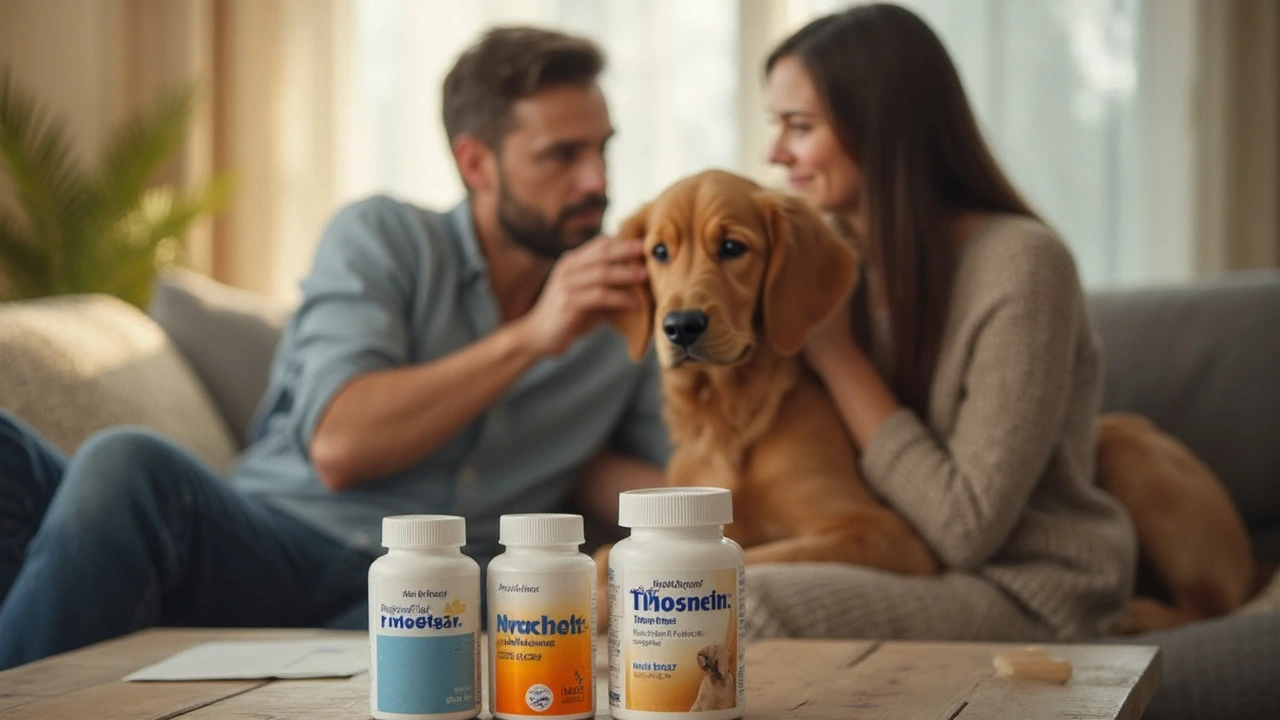Understanding Canine Diarrhea: What Every Dog Owner Should Know
Noticing your dog having diarrhea can be worrying. But what exactly causes it, and how can you help your furry friend get back to normal? Canine diarrhea happens when a dog’s digestive system is upset, leading to loose or watery stools. It’s often a sign that something isn’t right, but it’s usually not an emergency—unless it lasts more than a day or your dog shows other signs of distress.
Common reasons for diarrhea in dogs include sudden diet changes, eating garbage or spoiled food, infections like viruses or bacteria, stress, or even allergies. Sometimes, parasites or internal illnesses can be the culprit. Identifying the cause is crucial for effective treatment.
Spotting the Signs and Knowing When to Act
Aside from loose stools, your dog might seem lethargic, lose appetite, or vomit. Mild diarrhea typically clears up in a day or two, especially if you withhold food for 12 to 24 hours (but not water) to let the gut rest. However, if diarrhea continues for more than two days, contains blood, or if your dog is very young, old, or has other health issues, it’s time to see a vet immediately.
While waiting for help, make sure your dog stays hydrated. You can also try feeding bland food like boiled chicken and rice to settle their stomach. Avoid giving human medications or any remedies without veterinary advice—it might do more harm than good.
Preventing Diarrhea and Keeping Your Dog Healthy
Prevention is often the best approach. Stick to a consistent diet and avoid sudden food changes. Keep garbage and toxic substances out of reach, and watch out for your dog eating things they shouldn’t, like spoiled leftovers or plants that upset their stomach. Regular vet check-ups and parasite prevention also go a long way in reducing risks.
Being aware of what’s normal for your dog’s bathroom habits helps catch issues early. If canine diarrhea happens, quick action and simple home care can often save your dog a lot of discomfort. Remember, when in doubt, consulting your vet will always keep your best friend safe and healthy.

